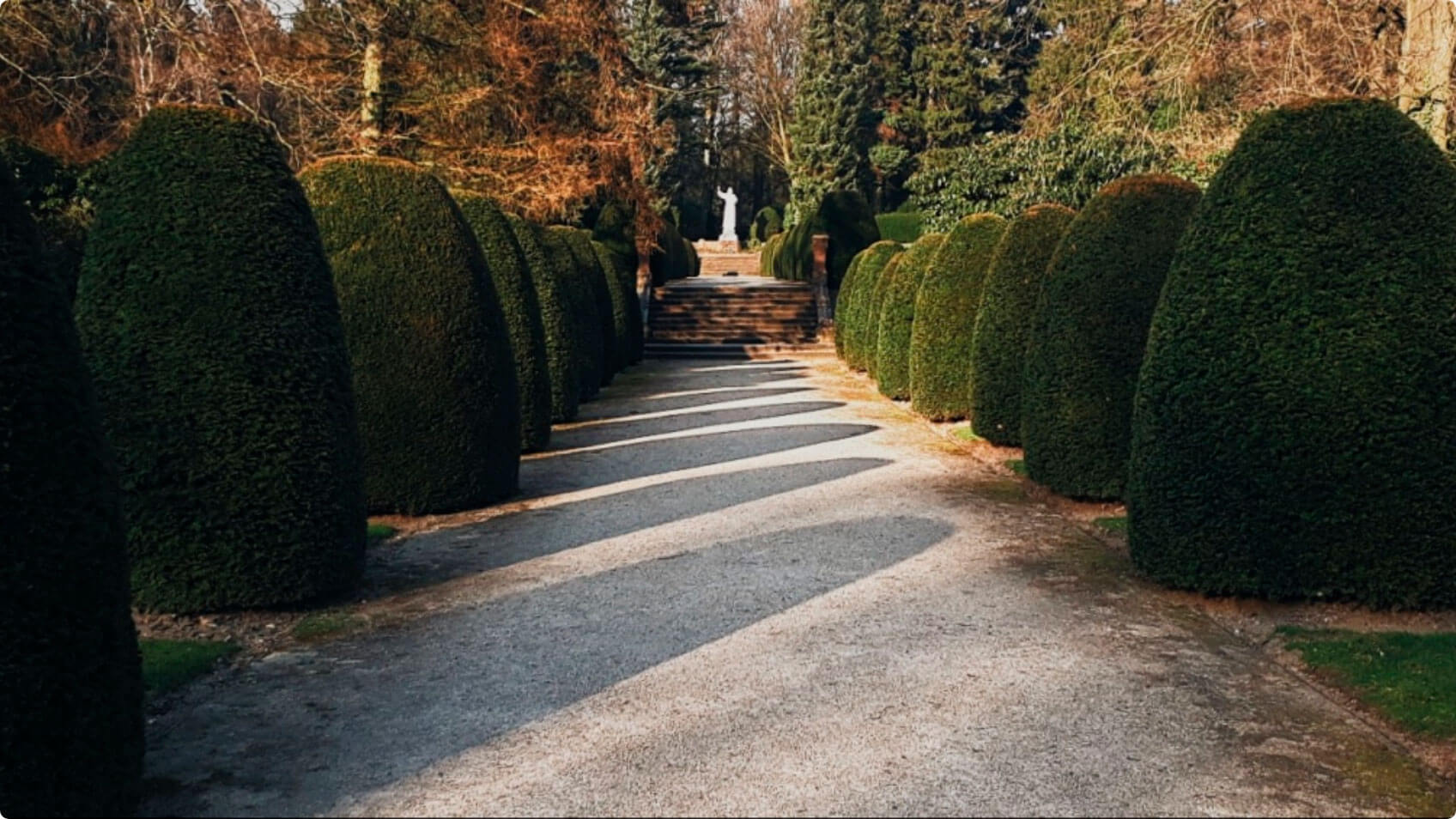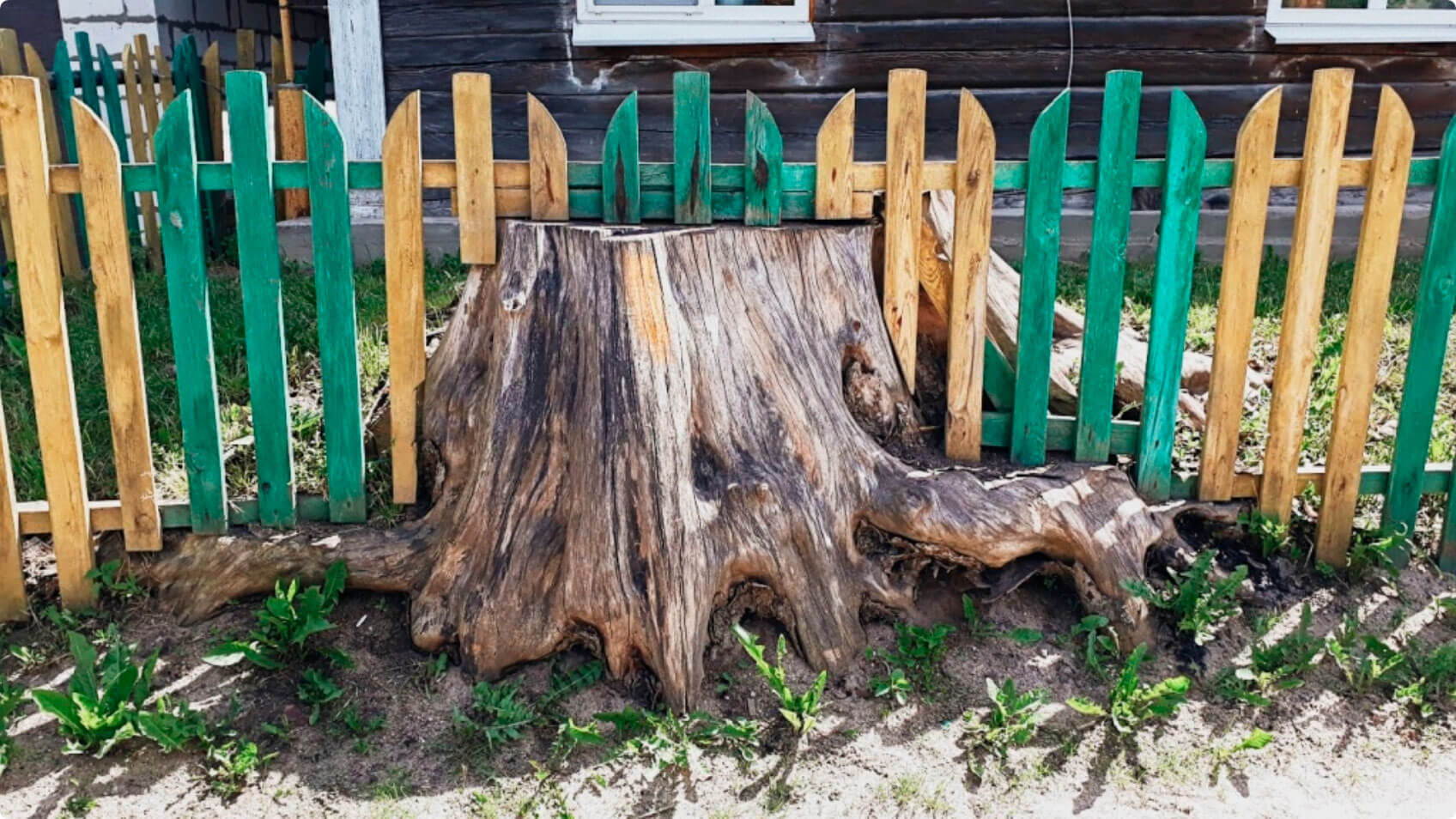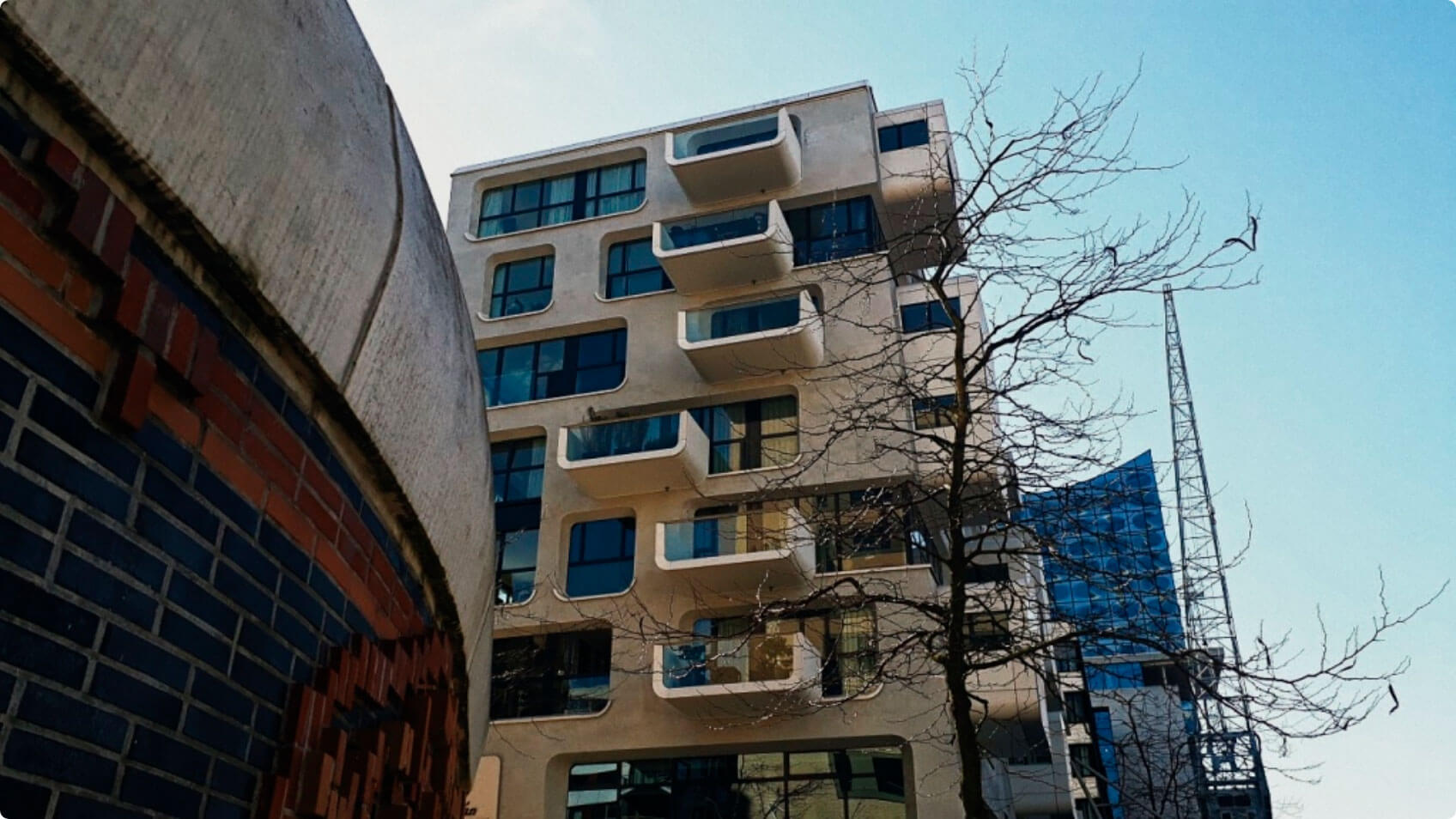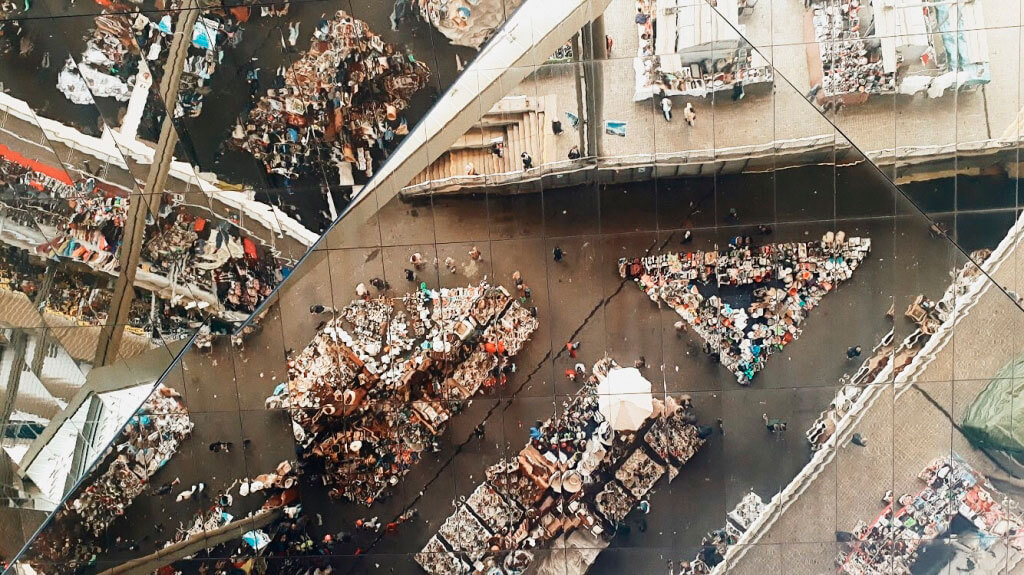“(No) Way Out”: How to Stop Engaging in Activism
A year ago I was preparing to “get out” of LGBT activism. There was too much fatigue, too much frustration, too much competition. Too little feedback, results, money, inspiration. But I usually take small steps toward an important decision, and with each new step I test my decision. So, before I decide to buy an expensive computer, I buy a waterproof backpack for it and before ending a relationship, I enlist the support of a therapist. So before I stopped engaging in (LGBT)-activism, I interviewed several “former” LGBT activists. And that’s how I discovered that I don’t want to “get out,” but I definitely want to transform my activism.
*Although I am writing this text from the perspective of an LGBT activist, I am confident that this experience can be transferred to other types of activism.
What was the positive influence of activism on me?
I can implement my ideas.
It feels like magic. There is a lot of shit in the world: capitalism, patriarchy, homophobia, racism, sexism… The list is quite long. The Belarusian reality is even more full of injustice. Instead of feeling sad, sighing, blaming some person/society/state, I can act, I can find support, I can turn my fantasies into reality. Into the reality I want to live in, not just dream about.
I am constantly learning new things.
Being engaged in activism, I have mastered several professions and in different circumstances I can call myself a project manager, a financial manager, a journalist, an event organizer, an actress, a communications manager, a copywriter, a consultant… I create a newsletter for thousands of subscribers and record podcasts in my bedroom. I am not afraid of video interviews and I can live stream. I know right terminology and digital security tools. Moreover, I do not doubt my professional identity, because I know the concept of a “multi-potential person” and I identify as one. Each of my new projects is a new little life. Routine is nowhere near! Plus, I constantly receive information about various educational opportunities that I can use for free and learn something new!
I am a part of a community, I am involved in something important, I have a sense of meaning.
I remember the day when I came to Berlin and was provided with a place to live in a women’s* commune, where there were no cis-men and there was a common shelf with food. It turned out that I was a part of a feminist community where people manifest solidarity and help each other. Including me! Because I’m a part of this community! That thought made me dance in the streets, because at that moment, loneliness took a back seat. Because if I have activist friends all over the world who are ready to help me, then I’m not such a bad person! I also know for sure that I am involved in important events that are taking place in my country. That I am not only a silent observer (or supporter), but I am at the heart of it all, I try to shape my society and community so that I can live there and not be ashamed for them.
Contacts, networks, chatting, partying.
Who said that activists have the coolest parties? I couldn’t agree with them more! People around me are as passionate in fighting injustice as they are in dancing, having sex, telling stories, getting drunk, traveling, finding adventures, advising books, and so on! There’s no need to talk about activist parties, one needs to be there.
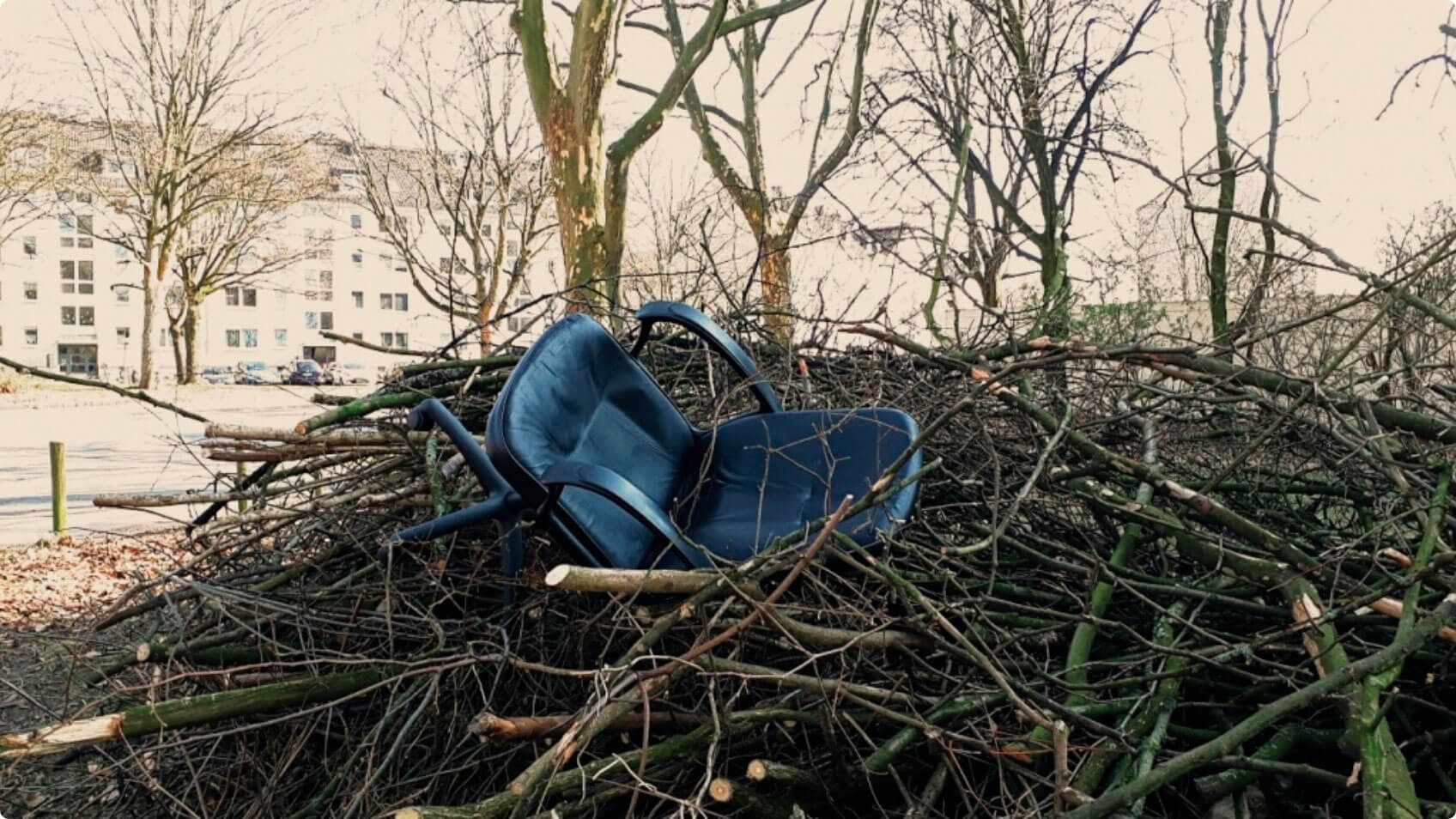
Flexible schedule and traveling.
These are my huge privileges! Of course, I can’t explore the coffee shops of Dutch villages or watch the sunset on Issyk-Kul any time that suits me, but I can definitely do this more often than my friends who work in corporations, have a fixed work schedule and a landscape postcard over their table in an open space. I have also been at activist gatherings in different countries and I confidently declare that it can feel good both in a leaking tent in a remote forest in Germany, and on snow-white sheets in a multi-star hotel in Vilnius.
What was the negative influence of activism?
Activism gave me cynicism, insensitivity, anxiety, an endless sense of injustice.
Have you ever watched Euronews? I tried it once. I thought that I needed to be in touch with reality, and at breakfast I turned on this channel. I don’t do that anymore. Of course, the news was refreshing, but I’d rather have an extra cup of coffee. A boat with migrants sank near some coast, another whale species became extinct, a shooting in Palestine, the United States is building a wall on the border with Mexico… Check out activist’s news feed on social networks someday. It is similar to Euronews, but everything happens not with strangers, but with your real friends and acquaintances. And dealing with all this bad news is very difficult. It is good if you have options like psychotherapy or not reading the news. But before them I had to get through an anxiety disorder, paranoia, a depressive episode, and insomnia; I tried both legal and illegal substances… And there’s no guarantee that I’m safe from repeating the previous scenarios (although I really hope I am).

“Dealing with all this bad news is very difficult”
Permanent stress.
I separated this point from the previous one intentionally. This is not about anxiety or a sense of injustice that comes and goes. This is about stress as the background of any activity. When some physician comments my illness saying, “It’s stress induced”, I think: damn it, what should I do with this information now? Ah, it’s stress induced, no problem, I’ll quickly remove all stress factors and eliminate spicy and salty foods from my diet. No freaking way! To get rid of stress, I will have to get rid of myself! Stress is like COVID-19, sweating armpits, or expression lines. It just is, and you learn to exist with it. It is characteristic of activism that you can’t just leave stress in your office so that it’ll wait for you until the next day. Stress finds me in bed, in the toilet, on a walk in a park, everywhere! Once I organised an educational event for activists in a wellness retreat, where various spa treatments were offered.
I chose a chocolate body wrap for myself. It seemed the highest form of self-care. I was ready to sit on a chocolate cloud and fly away to magical distant horizons!
Imagine my disappointment when I found myself smeared with chocolate, wrapped in a blanket in a room with dim lights and relaxing music — with my freaking jaws clenched, because even in this chocolate cocoon I was thinking about what I might have overlooked and whether everything was all right. Oftentimes, activist get mad at each other, saying “Why don’t you go to our events”. I was on both sides: I asked these questions and I answered them. And the answer is usually the same: it’s just that we’re all so bloody tired.
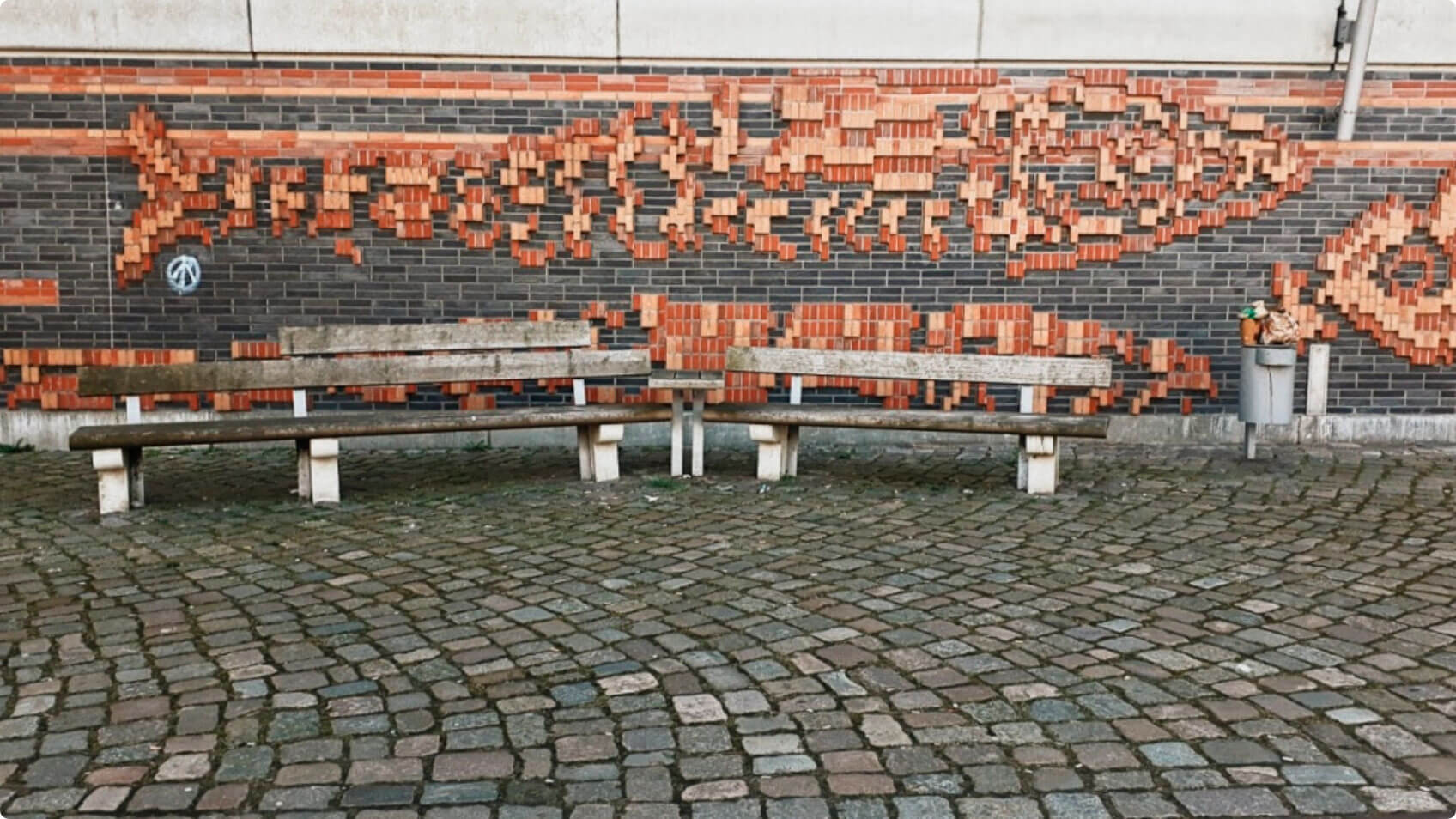
“Stress finds me in bed, in the toilet, on a walk in a park, everywhere!”
Insecurities, uncertainty in the future, lack of social guarantees.
It just so happens that I am 30 years old and I do not have an employment record book. My job tenure doesn’t get documented so my potential labour pension doesn’t get bigger. I don’t have an apartment or a car. I don’t have children or pets. I never graduated university. I have insurance for a year, but it will end soon. To the question “What is your occupation?” I usually reply “unemployed”. Just because this way I will be left alone quicker. I pay taxes, although I would prefer not to, because I don’t trust the state I live in. Perhaps it’s time for me to start saving money “for old age”, as some of my wise friends are already doing, but I keep delaying this moment.
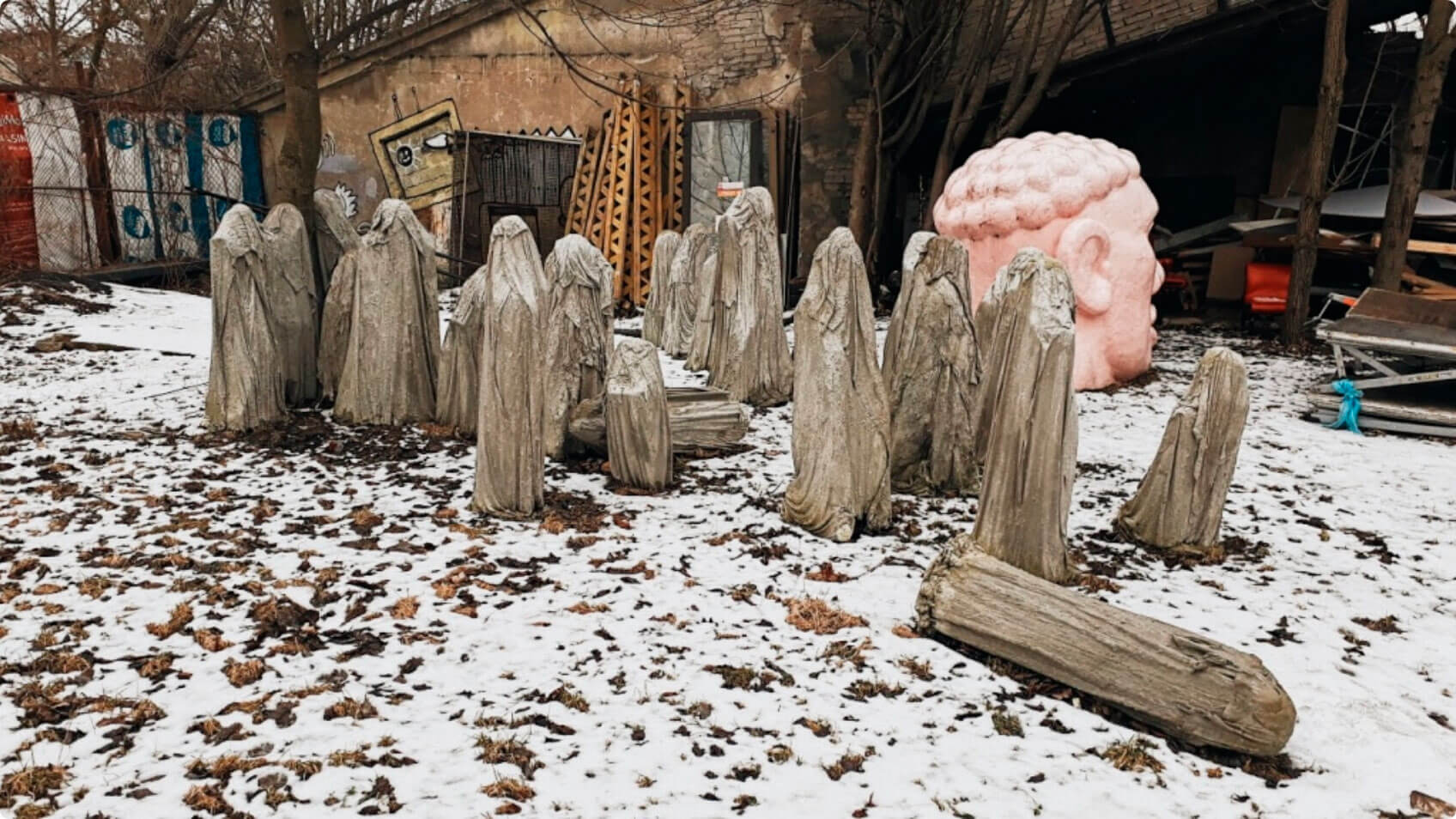
I know too much.
Alena Sviridova has a song with the words “I just know too much, it’s time to kill me”. It’s not time to kill me, but sometimes I think I know more than I want to. I can’t just go hang out at some club because I know some unpleasant details of its owner’s biography. I know which organization does nasty things, but describes itself with beautiful words. I know who stole what from whom, who sleeps with whom, who doesn’t like whom… I know a lot, but I can’t talk about it. Sometimes it seems to me that Minsk is too small for me, that I can’t relax here and be invisible.
What should be remembered?
These are not advice, by any means. I do not want to give advice (especially without being asked for it) and I am sure that everyone is the best expert in their life. These are conclusions that I have made for myself and, in my opinion, they can be useful to others. Regardless of whether these others want to engage in activism for the first time, or continue doing it, or already say goodbye to it once and for all.
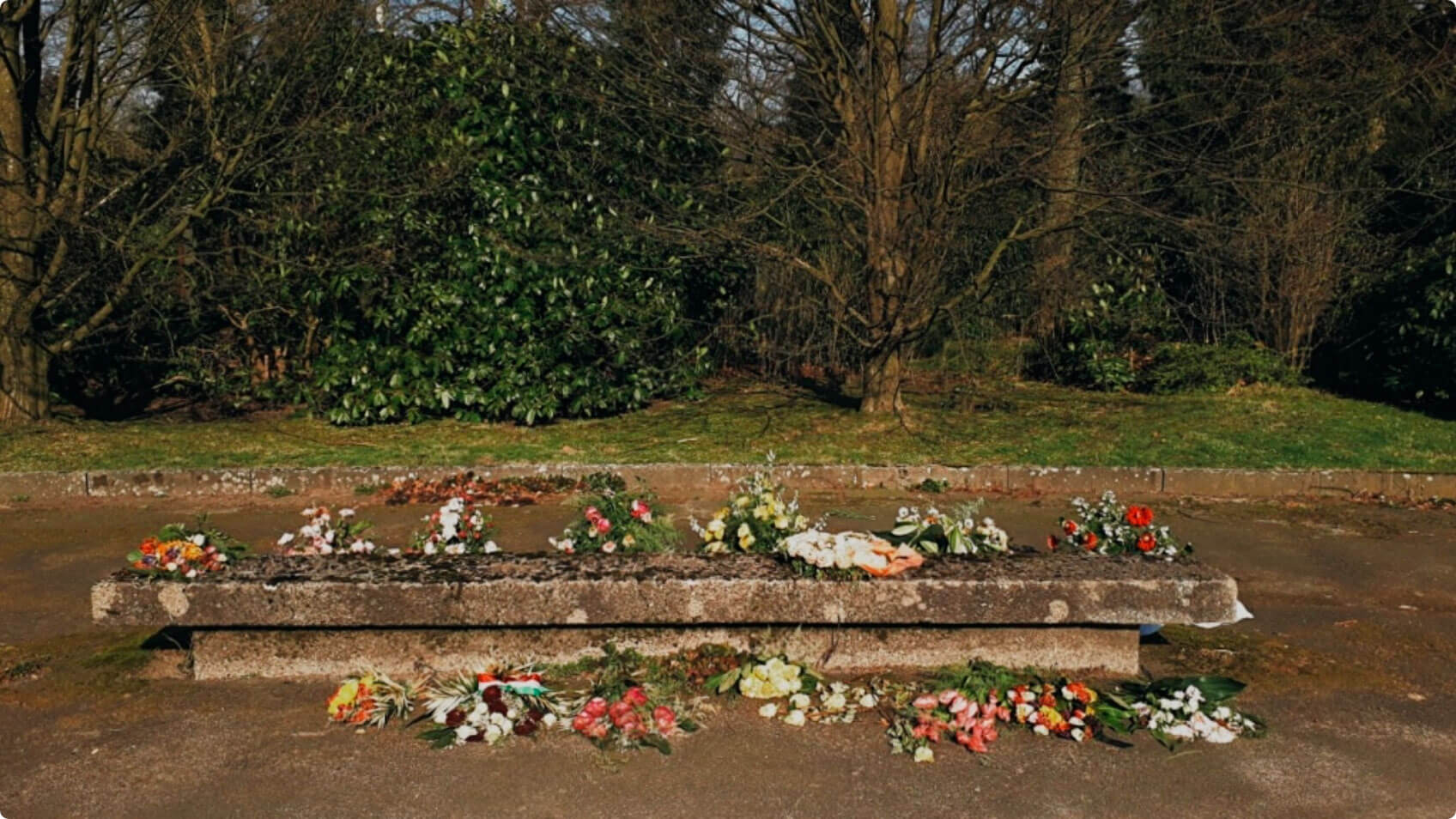
Don’t put all your eggs in one basket.
Activism can’t provide everything at the same time: be it support, narcissistic comfort, a sense of meaning, pleasure, etc. As in a case of codependency, you should always watch out: if this relationship is taken away from me, what will remain? It’s cool to have other sources of self-fulfillment and support saved for a rainy day. So that one day, when you decide to “break up” with activism, you can look back and understand: everything’s cool! I am not just my activism.
Separation of income sources.
It is a complex topic that is usually not discussed, for security reasons among other things. Another topic for discussion: can we call the things I do activism if I get paid? Here, without going into details and deep discussions (even among my friends there are opposing opinions), I want to focus on the following statements.
In order not to fall into the trap of permanently writing new projects that you don’t even want to implement, but “you have to make a living somehow”, I suggest not making activism your only source of income and trying to remember what else you are good at. What are your other competences? What skills would you like to develop? You don’t have to work for a corporation and feel alienated from your job. For example, translation, illustration, or website design services are in demand in a variety of areas.
You don’t have to work for a corporation and feel alienated from your job. For example, translation, illustration, or website design services are in demand in a variety of areas.
I’m sure it’s impossible to be a grassroots activist and buy the coolest smartphone model every year. The other extreme is when people invest all their energy and time exclusively in activism, while not being able to pay for housing, buy food, and relax once in a while.
Different people solve this dilemma in their own ways. For example, I know cases when people still to invest their skills in activism, take remuneration for it, which helps them meet basic needs, and at the same time work four days a week. Another option is a combination of grassroots activism and working in an NGO where you have certain professional skills and obligations, but the work is built in accordance with the values that are important to you. It’s difficult to balance between work and activism, but it’s possible.
There is no right way.
Here no one will give clear directives or provide ready-made scenarios. There’s a reason why a large number of activists visit psychotherapists: every day you have to make a huge number of independent choices and regain responsibility for your life. In the process of forming your own path, it is important to pay attention not only to those who make you feel irritation, anger, distrust (and such people are usually easy to come by, in the activist environment as well), but also to those who make you feel respect, admiration, delight, and interest. Perhaps, the next time you can invite for a coffee someone who is close to becoming your “role model”?
Don’t be self-important.
Some people slightly lose touch with reality and begin to think that their activism is “the most active activism”, that everyone else is wasting their time, that their opinion is the most important and, in fact, everyone around is slightly stupid. Of course, it is important not to belittle your achievements and not devalue your activities, but at the same time it is essential not to exaggerate your importance and not to make yourself the “chief representative” of LGBT/feminist/anarchist/vegan affairs.
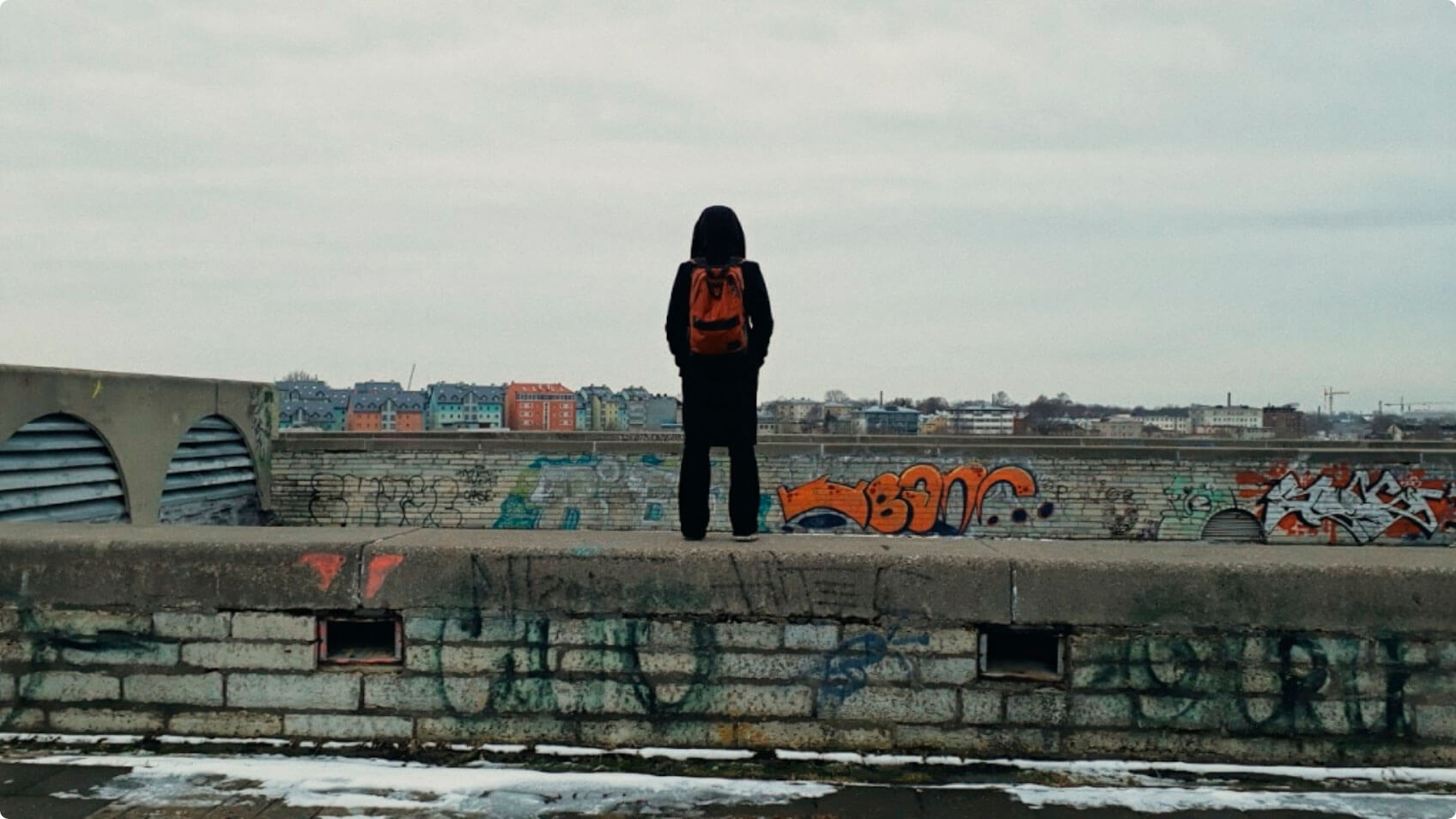
Change is necessary.
In the broadest sense. If you have been working side by side with the same people for 5 years, there’s a chance that you will develop together, supporting each other. But there is also a chance that you, on the contrary, will restrain each other. “To love Belarus, our dear mother, you need to travel different lands”, sings Lyavon Volsky, and I understand that he sings not only about Belarus, but also about our activist groups, fields of activity, rented apartments, hair colors, sports schedules and much more.
This article was originally published in Russian here
Nothing beats good old email
For our monthly newsletter, we pick the most important news and analysis,
and add selected content and art from queer creators.

